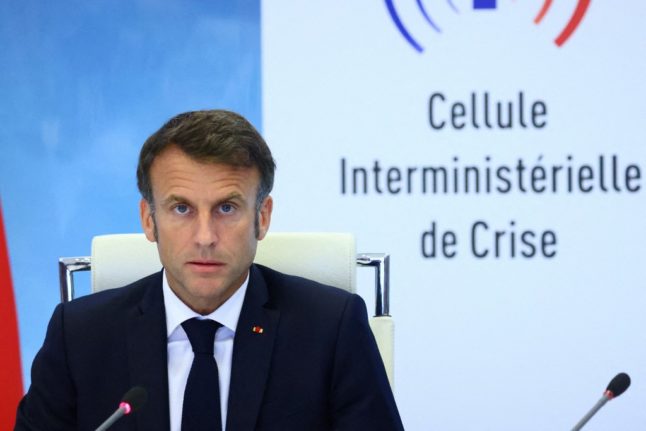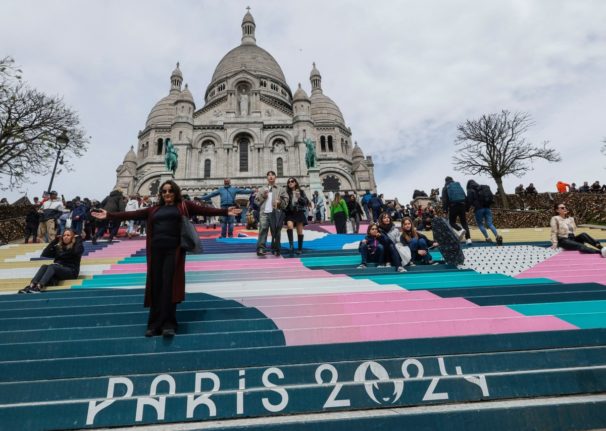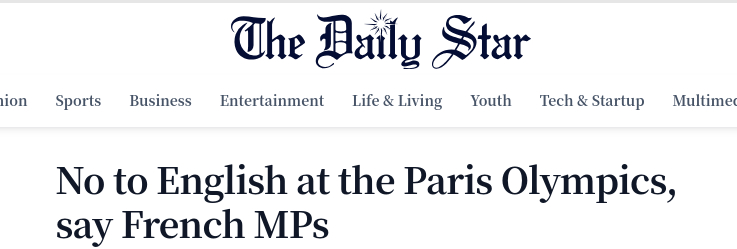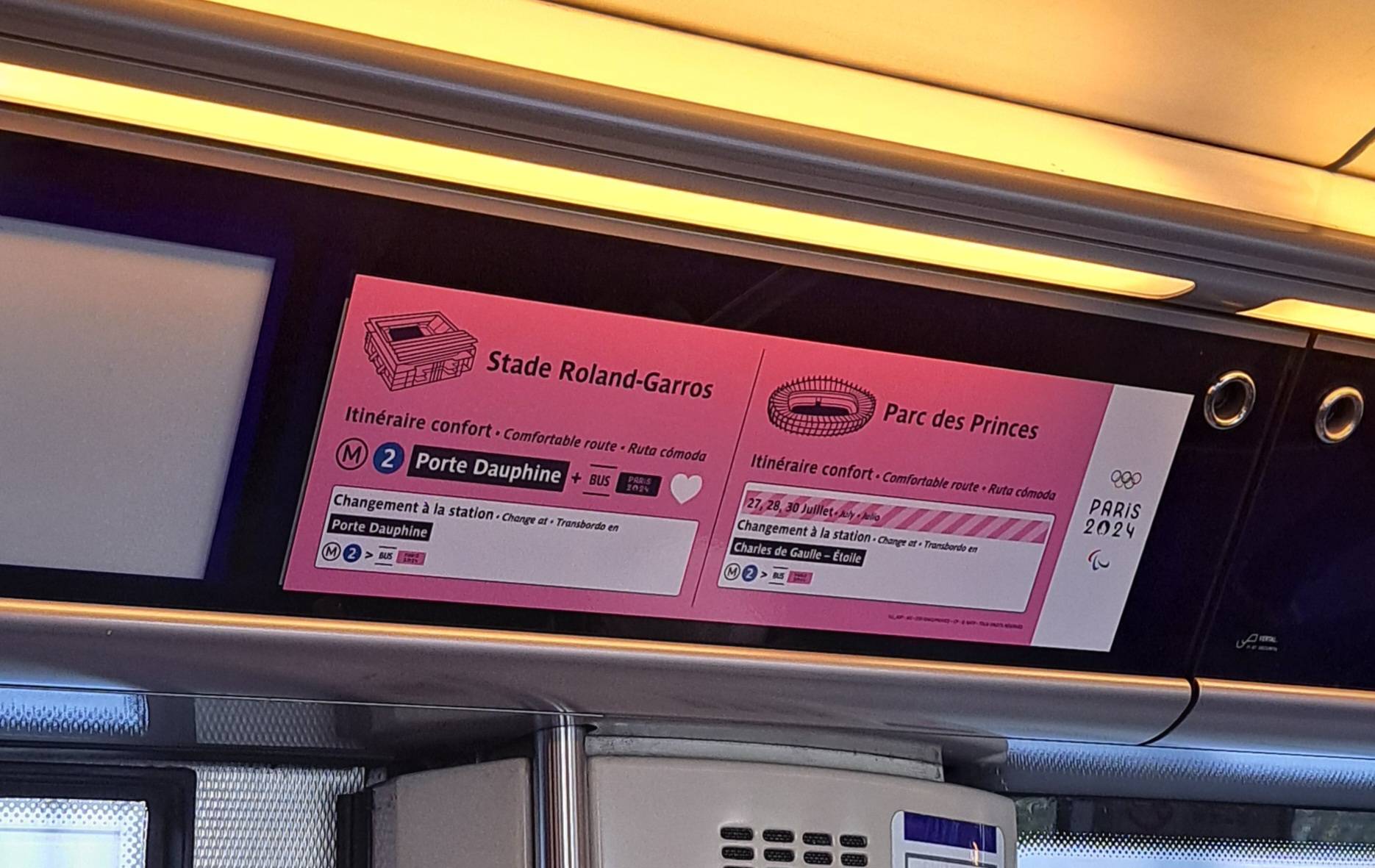Speaking after chairing a crisis security meeting, the 45-year-old head of state said that around a third of the people arrested over three nights of rioting were “young, or very young”.
“It’s the responsibility of parents to keep them at home,” he said. “It’s not the state’s job to act in their place.”
He also urged social media firms to remove the “most sensitive” content related to the rioting and claimed video games played a role in the riots, which followed the fatal shooting of a teen by police on Tuesday.
“Platforms and networks are playing a major role in the events of recent days,” Macron said.
“We’ve seen them — Snapchat, TikTok and several others — serve as places where violent gatherings have been organised, but there’s also a form of mimicry of the violence which for some young people leads them to lose touch with reality.
“You get the impression that for some of them they are experiencing on the street the video games that have intoxicated them,” he added.
Police unions have highlighted how many of those arrested are aged just 14 or 15.
“I don’t have much hope that they are going to go prison,” the head of the Alliance police union, Rudy Manna, told Europe 1 radio on Friday.





 Please whitelist us to continue reading.
Please whitelist us to continue reading.
Member comments